The Hard Tragedy: "Hundreds of Elderly Die Without Anyone Knowing"
The alarming number of solitary deaths at home has driven ZAKA to raise awareness. They stress the need for daily contact to prevent untimeliness.
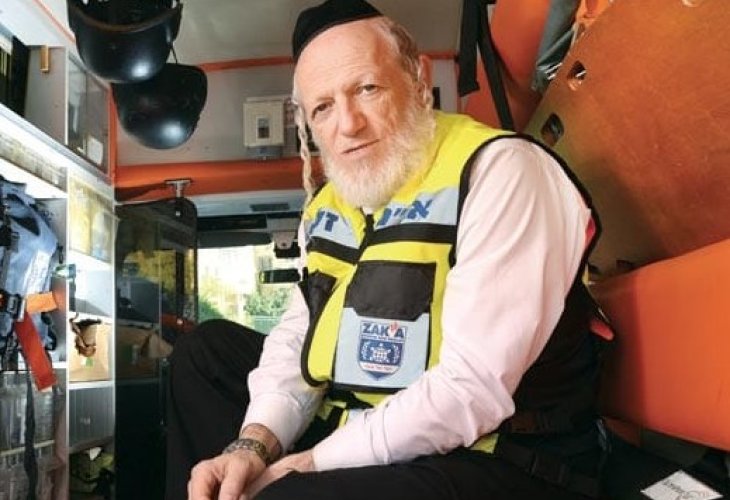 Credit: ZAKA spokesperson
Credit: ZAKA spokespersonIt happened again this week. The body of a woman about 70 years old was found in an advanced state of decomposition in Petach Tikva. "This is the third case in a week," emphasizes ZAKA, the organization responsible for identifying and handling the deceased with dignity.
According to them, these headlines keep appearing, but unlike the data showing a slowdown in COVID-19 infection rates, here the graphs show no signs of decline. Every month, volunteers are called to horrific deaths. They are horrified by people already in an advanced state of decomposition, and their hearts refuse to believe. This has led them to launch a campaign with the slogan: "Neighbor, notice if I am missing. One knock. Once a day. And you will save a life".
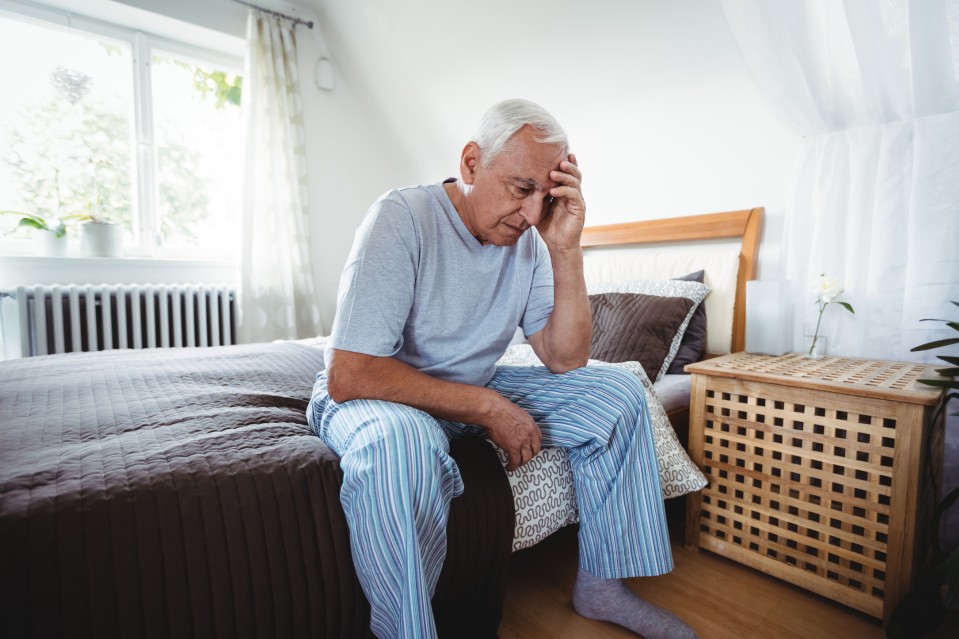 (Photo: shutterstock)
(Photo: shutterstock)Sights Hard to Bear
In these complex days, when the coronavirus occupies an esteemed place in our daily dealings, isolating hundreds and thousands, some alone and elderly, we turned to ZAKA spokesperson Eliezer Samet to hear about the appalling phenomenon and ways to prevent the next tragedy.
"All events handled by ZAKA volunteers are severe, requiring great mental and physical strength so volunteers can handle the difficult scenes professionally and sensitively," Samet clarifies at the beginning of the conversation. "But when we receive an alert about a 'decomposition' event, where a person is found in a very severe state, it requires special mental strength. These are sights that a person can't fathom."
Berel Yakubovich, more than anyone else associated with ZAKA, adds: "Each alert and handling of these cases demands much self-sacrifice, strength, and mental resilience. A particularly tight team effort is needed here to protect volunteers from psychological harm. Each volunteer does what they can to get through their psychological struggles, but we must say enough to this ongoing tragic story.
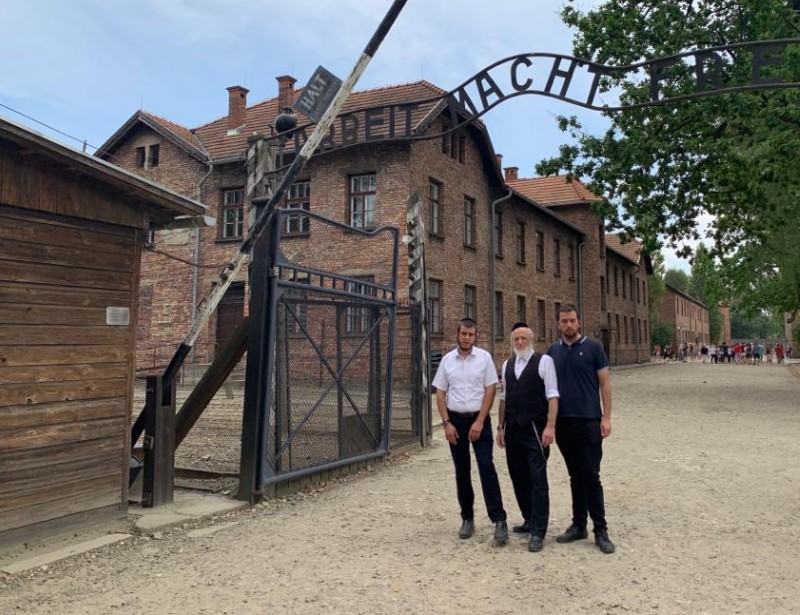 Meshy Zahav, Yakubovich, and Samet. Photo: ZAKA spokesperson
Meshy Zahav, Yakubovich, and Samet. Photo: ZAKA spokesperson"These stories are very tough," he says sorrowfully, "they involve isolated seniors, lonely Holocaust survivors, people living alone or with disabilities. Often, they have no family or, in some cases, are out of touch with distant relatives. Sometimes it could be a family missing even a small number, with very serious results. We, ZAKA volunteers, find them in such a terrible state as to lose almost all human resemblance. This is all simply because they are forgotten at home, and no one checks on them daily."
The number of events handled by volunteers presents a grim picture of the tragic cause of death. "These people sometimes suffer a cardiac event or fall and get a minor injury, whether from slipping at home or falling in the bathroom, or any other medical case - without anyone knowing, thus losing precious time that could have saved them. They are only found after neighbors smell an unbearable odor and call the police, who break into the home and summon ZAKA volunteers to handle the dignified deceased's scene."
Can you tell me about the handling of such cases?
"Volunteers wear special uniforms and masks to physically enter the difficult scene. The handling can take several hours, and often some volunteers leave the mission because it is too hard, as I've noted, not everyone can handle such situations".
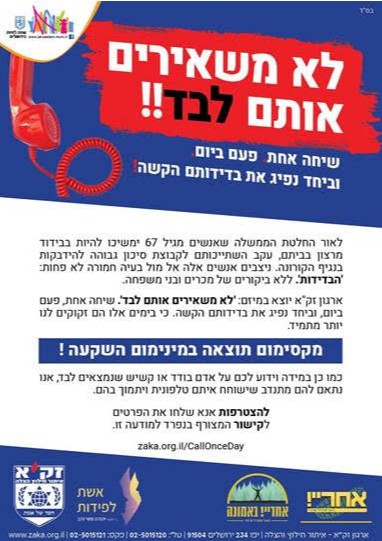
A Call a Day Saves Lives
Despite the tragedy's severity, it turns out these events rarely reach the media. "Usually, the media does not bother to update on such events, and thus residents do not know there was an elderly person nearby who passed away unknowingly," says Samet, "Only the neighbors who cry together with the volunteers know about the unfortunate case, and they beat themselves up for not noticing and not checking on the deceased's welfare."
Indeed, it seems neighbors, almost the only ones in the world who knew the deceased, experience the sorrow the most. "Usually, the image of good and nice elderly people emerges, with only good words from the neighbors," he notes. "But feelings of guilt often haunt them for not asking about the deceased's welfare, and what remains for them is just to see the volunteers at the end of the difficult handling, with tears in their eyes."
What are the numbers of this ongoing tragedy?
"You'll be surprised," Samet prepares me before the answer. "Unfortunately, this is about hundreds of people a year. Weekly, there are on average three to four solitary and isolated individuals found on the floor or bed without life. In 2019 alone, volunteers dealt with 130 such hard cases. In the first three months of 2020, 37 cases were reported".
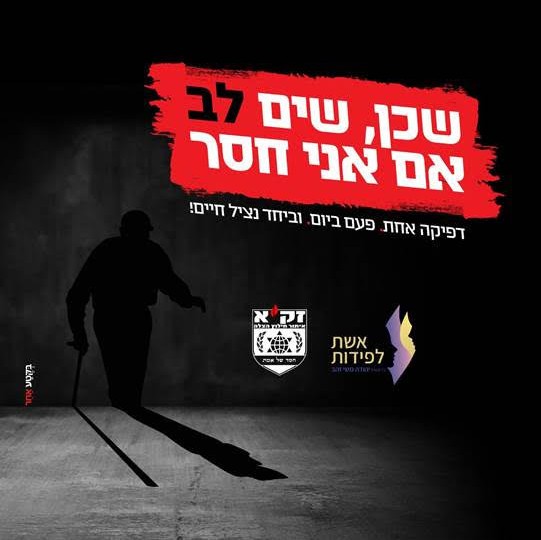 (Photo: shutterstock)
(Photo: shutterstock)Is there a way, in your opinion, to prevent such tragedies?
"Look, it's clear that not every single neighbor who collapses can call for help, but if we follow them and show interest in their welfare, we can call for help in time and simply save lives. Even in the unfortunate case of death, we can ensure the deceased's body is brought to proper burial as soon as possible, before losing human dignity.
"Especially in this period, when the elderly and middle-aged people are secluded at home for fear of contracting COVID-19, we need to know how to live with each other and not beside each other. I'm sure this way, we can prevent the next tragedy".
Israel Godelvsky, ZAKA Sharon district commander and a resident of Petach Tikva, who handled the case in Petach Tikva this week, adds: "Now, with the government's decision to continue isolating ages 67 and up, we ask the public, do not leave them alone! One call a day, and together we'll alleviate their harsh loneliness. Because these days, they need us more than ever. For you, it's a knock on the door, for them, it's saving a life".

